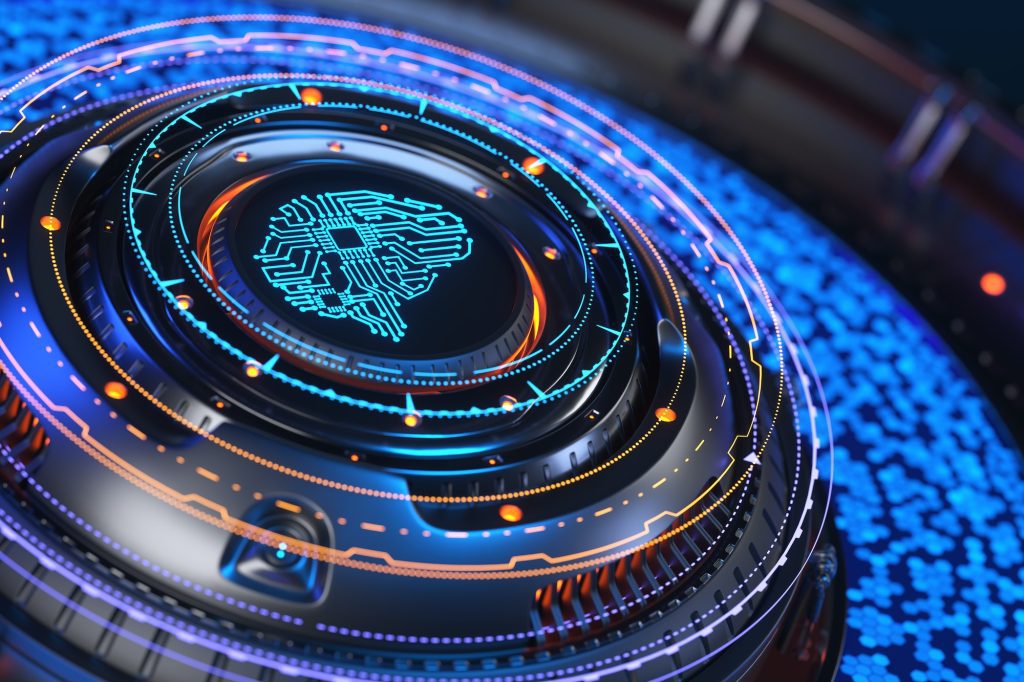Generative AI: concerns arise over peace, security, human rights, democracy, and climate action
UN peace and humanitarian operations are already being endangered by AI-powered disinformation, hampering the work of peacekeepers. African peacekeeping missions are actively combating disinformation campaigns. AI is also being used to create and spread harmful content, such as child sexual abuse material and hate speech. Additionally, AI has the potential to manipulate voters and undermine democratic processes, as well as undermine science and public institutions in areas such as climate action.

Generative AI is causing concerns in multiple areas, including peace and security, human rights violations, democratic processes, and climate action. Melissa Fleming, UN’s Under-Secretary-General for Global Communications, has expressed worry over generative AI, as it makes it difficult to distinguish between real and AI-generated content, hindering the work of journalists, fact-checkers, law enforcement, and ordinary individuals.
The impact of AI-powered disinformation on peace and security is already evident. A recent survey revealed that over 70% of UN peacekeepers reported severe disruptions to their work due to mis- and disinformation, endangering the safety of both staff and civilians involved in peacekeeping operations. To combat this, UN African peacekeeping missions have adopted innovative methods, including the use of smartphones, editing apps, and social media platforms, to create a ‘digital army’ that counteracts mis- and disinformation campaigns.
Generative AI is also being utilised to spread harmful content targeting women and girls, such as child sexual abuse material and non-consensual pornography. The UN is concerned that generative AI could amplify content promoting anti-Semitism, Islamophobia, racism, and xenophobia, emphasising the need for measures to prevent the dissemination of hate speech and harmful material on digital platforms.
Another area of concern is the use of AI to manipulate democratic processes. AI tools can potentially sway public opinion and influence voters, posing a significant threat to democratic systems globally. Additionally, AI can undermine science and public institutions by amplifying false information.
Generative AI presents challenges in identifying real content and poses risks in various domains, including peace and security, human rights, democratic processes, and climate action. Proactive measures are needed to combat mis- and disinformation, safeguard vulnerable groups, uphold democratic values, and ensure the integrity of global efforts towards sustainable development.
